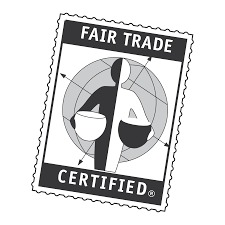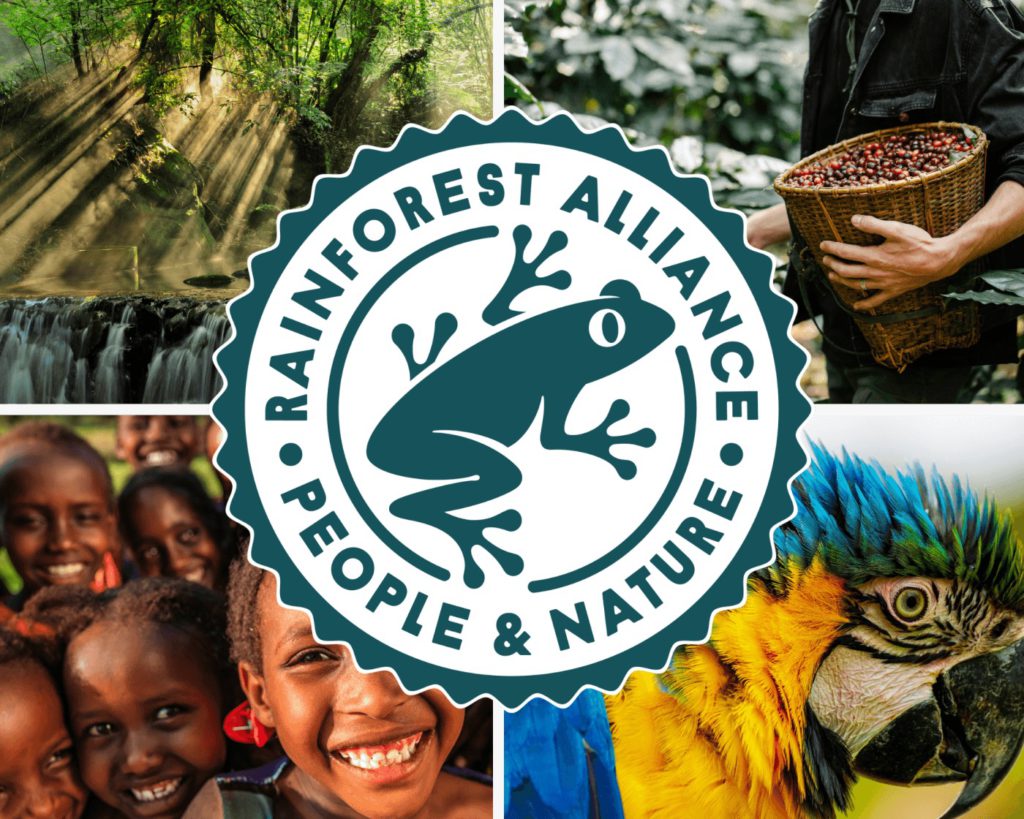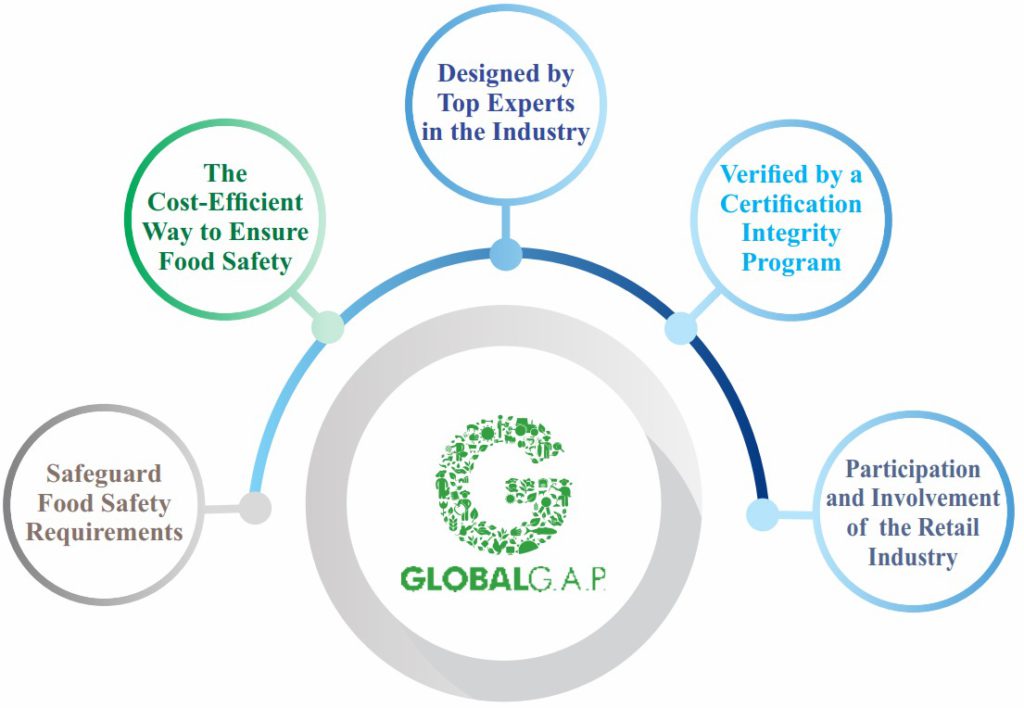Contact: +91 99725 24322 |
Menu
Menu
Quick summary: Discover the world of sustainability certifications in agriculture. Explore how these certifications drive positive change and learn how TraceX traceability solutions can help your business navigate the path to a more sustainable future.

In today’s ever-evolving world, sustainability has become more than just a buzzword, it is a critical factor shaping the future of industries including agriculture. As consumers increasingly prioritize ethical and eco-friendly products, businesses are compelled to align their practices with sustainability principles. One crucial aspect are the sustainability certifications which assure consumers that the products they choose are produced with environment and social responsibility in mind.
A study by Rainforest Alliance found that 65% of consumers are more likely to buy products with environmental claim.
This blog post’s objective is to give readers a succinct summary of sustainability certifications. It seeks to introduce and emphasize the significance of sustainability certificates within the framework of the agricultural industry. The article will discuss how certifications help to advance sustainable practices, foster customer trust, and open up markets. It will stress the value of certifications in promoting an agricultural industry that is more responsible and sustainable.
Organic farming is a sustainable agricultural practice that puts soil health, biodiversity, and animal welfare first while avoiding synthetic inputs. Its guiding principles include preserving biodiversity, abstaining from synthetic chemicals, boosting soil fertility naturally, maintaining animal welfare, and adhering to certification and standards.
USDA Organic: In the United States, the United States Department of Agriculture’s (USDA) Organic certification is generally accepted. It establishes regulations for specific production and handling practices, the use of organic inputs, and the avoidance of synthetic chemicals in organic agriculture practices.
EU Organic: In the member states of the European Union, organic products are certified using the European Union (EU) Organic certification, also known as the EU Organic emblem. It sets forth stringent requirements for organic farming and production, such as the use of organic inputs, biodiversity preservation, animal welfare, and responsible packaging. Products that display the EU Organic mark have been certified by recognized certification organizations to meet these requirements.
Crop rotation, composting, integrated pest management (IPM) and cover crops are examples of effective organic agricultural techniques. Crop rotation aids in disrupting pest and disease cycles, and composting produces fertilizer rich in nutrients from organic waste. To reduce the need for pesticides, IPM combines natural pest management strategies including beneficial insects and trap crops. Planting cover crops helps to increase soil fertility, stop erosion, and control weeds.

Fairtrade in agriculture encourages just and long-lasting business interactions between producers and consumers. It guarantees fair prices for farmers, decent working conditions, and neighbourhood improvement. Social justice, fighting poverty, and environmentally friendly farming practices are given priority under fair trade ideals.
A third party’s confirmation that agricultural products adhere to certain fair-trade criteria is provided by fair trade certificates from organizations like Fairtrade International and Fair Trade USA. Fairtrade International is a multinational organization that emphasizes worker and farmer empowerment. It guarantees fair prices, societal and environmental norms, and neighbourhood improvement. Operating in the US, Fair Trade USA certifies goods based on ethical labour practices, secure working environments, and environmental sustainability.
By giving farmers and communities fair pricing for their goods, enhancing working conditions, and promoting communal growth, fair trade benefits farmers and communities. It provides stability and higher earnings for farmers, lowering poverty and improving livelihoods. Fairtrade helps marginalized groups, supports gender equality, and funds infrastructure, healthcare, and educational initiatives.
Fairtrade certification faces obstacles and criticism, including a limited market due to high costs and complex requirements, prices that might not fully cover production costs, difficulty entering major markets, low consumer awareness and demand, and worries about supply chain transparency and traceability. In order to overcome these issues and reinforce the impact of fair-trade certification, critics want greater accessibility, more equitable pricing, better market access, expanded consumer education, and increased transparency.
For the sake of ecosystem preservation, reducing climate change, and maintaining long-term agricultural productivity, biodiversity conservation, and sustainable land management are essential. Farmers can support the resilience and health of ecosystems, safeguard threatened species, and uphold ecological balance by putting biodiversity first. Agroforestry, cover crops, and erosion control are examples of sustainable land management techniques that help avoid soil erosion, improve water quality, and cut greenhouse gas emissions.

The Rainforest Alliance certification is a well-known sustainability label that supports ethical business practices in forestry, agriculture, and tourism. It establishes guidelines for preserving biodiversity, reducing climate change, treating employees fairly, and involving the community. Consumers can more easily recognize goods that support sustainability and social responsibility thanks to the certification.
Biodiversity conservation, climate change mitigation, sustainable land use, fair treatment of workers, and community involvement are among the requirements and standards for Rainforest Alliance accreditation. These standards guarantee that certified items adhere to strict criteria for social responsibility and environmental sustainability.
Case studies of farms benefiting from Rainforest Alliance certification:

A well-known certification program called GlobalG.A.P. sets voluntary benchmarks for secure and environmentally friendly farming practices. It contributes significantly to encouraging ethical farming, guaranteeing the safety of food, reducing negative environmental effects, and enhancing the welfare of farm employees. In order to increase consumer confidence and market access.
The Good Agricultural Practises (GAP), food safety, environmental stewardship, workplace health and safety, animal welfare, and traceability are all included in the Global G.A.P. accreditation. These elements support worker welfare, preserve the environment, assure safe and sustainable farming methods, and give transparency across the supply chain.
The benefits of the GlobalG.A.P. certification is provided to consumers, farmers, and the environment. It gives farmers access to exclusive markets, boosts production and efficiency, improves food safety procedures, and encourages the use of sustainable farming practices.
Due to different agricultural contexts, a lack of resources, and the complexity of compliance for small-scale farmers, Global G.A.P. has obstacles in guaranteeing widespread acceptance of its standards. Global G.A.P. prioritizes continual progress by revising its standards on a regular basis, taking stakeholder comments into account, improving training and support programs, and encouraging collaborations to further inclusivity and accessibility.
By leveraging TraceX’s traceability solutions, companies can effectively manage the complexity of adhering to various sustainability certifications. This not only helps them achieve certification goals but also enhances their reputation as responsible and environmentally conscious players in the agriculture industry.
TraceX solutions provide a comprehensive view of the farm to fork supply chain. This transparency allows companies to accurately trace the journey of their products, ensuring they meet the requirements of sustainability certifications.
These blockchain powered solutions enable the real-time data collection at each stage of the supply chain. This data includes information related to sourcing, production, transportation and distribution.
TraceX solutions facilitate seamless management and documentation of certification related information. This simplifies the certification process and ensures protocols are followed.
Sustainability certifications have certain specific quality and compliance criteria. The monitoring capabilities allow companies to closely monitor these criteria and ensure they are no deviations.
The platform generates reports that provide a clear overview of product provenance and adherence to sustainability standards which helps in audits and certification assessments.
These solutions enable sharing of transparent and verified information across stakeholders including consumers that enhances trust and confidence in products, building brand loyalty.
In conclusion, the promotion of ethical and sustainable practices in the agriculture sector is greatly helped by sustainability certifications like Global G.A.P. and Rainforest Alliance. These certifications give consumers peace of mind, improve market access, and support environmental protection, farmer welfare, and worker well-being.
Even if there could be concerns and complaints, efforts to improve continuously seek to resolve these problems and promote constructive development in the sector.
